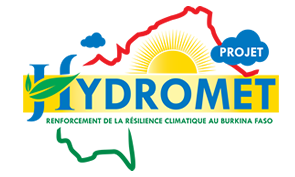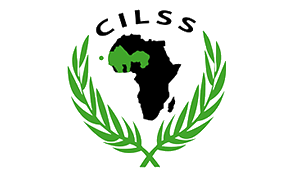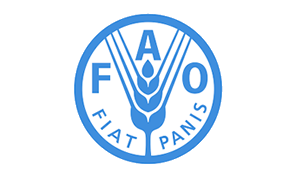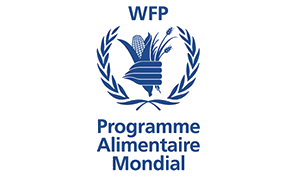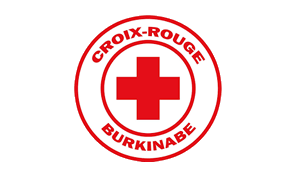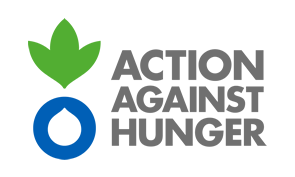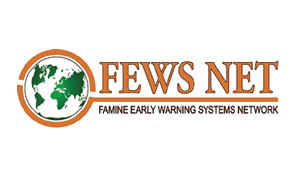Monitoring of the 2009-2010 agricultural season and the country’s current food situation as of July 10, 2009
As part of the maintenance of the monitoring and alert system on the food situation, a joint State-partner assessment of the food situation was carried out in mid-July. This assessment first consisted of a review of all the agro-climatic, economic and social factors likely to influence the current food situation as well as the outlook. At the end of this review, a multidisciplinary team comprising the technical structures of the State and the technical and financial partners carried out field visits in all the regions in order to consolidate the targeting with the field actors bringing together the governorates. , town halls, technical services, NGOs and civil society organizations involved in the management of regional food security. The consolidated situation provides the following conclusions.
The agricultural season got off to a difficult start in all regions of the country until the third ten days of June. The rains recorded during this period were weak and poorly distributed in time and space. The beginning of July marked the effective onset of rains and the smooth running of plowing and sowing operations. However, compared to that of last year (which was exceptional), it lags an overall delay of 10 to 20 days in all localities of the country, due to low and irregular rainfall. Compared to the normal for the period 1971-2000, 60% of posts show a normal to surplus situation.
The level of filling of the structures is satisfactory, but remains overall lower than that of the previous campaign during the same period. Nevertheless, spills are observed on some dams. In addition, some structures have suffered damage (breakage of dike and / or spillway, ditches, etc.) since the 2007-2008 agricultural campaign and have not been rehabilitated. This could compromise the success of the off-season activities.
The regularity of the rains since the beginning of July has been favorable to the good progress of plowing and sowing operations. The vegetative stages are heterogeneous from one region to another and even within regions, but remain dominated by emergence. The most advanced stages are tillering / bolting (millet and sorghum), branching (cotton) and are observed in the lowlands, especially in the East, Center-East, Center-South, South-West, Cascades, Hauts-Bassins and in the southern parts of the Center-West and Boucle du Mouhoun regions. In the eastern, central-eastern and central-southern regions, in particular, early millet and sorghum are in the flowering stage. The delays in the development of crops are observed in the highlands and especially in the provinces of Soum, Séno, Yagha, Gnagna, Komondjari and Kouritenga. In these localities, the sowing rates are between 50 and 75% for cereals and 25 to 50% for legumes. Regarding the phytosanitary situation, it is generally calm.
For the current agricultural season, the operation of distributing improved seeds and subsidizing the sale of fertilizers has gone well. The various stocks were pre-arranged and distributed on time. All of these actions will reduce any risks associated with pessimistic seasonal forecasts.
The food situation is generally satisfactory. Households have cereals, even if the weakening of these stocks is noted during this usual period of lean season. The markets are moderately supplied by farmers ‘and traders’ stocks.
In response to food difficulties in the identified high-risk municipalities, the Government mobilized 3,080 tonnes of cereals for sale at a social price (11,000 CFA francs per 100Kg bag). In addition to this operation, the National Solidarity Fund through the technical services of social action made it possible to make food available for the benefit of needy people.
The interventions carried out or underway by humanitarian workers (October 2008-September 2009) in the various regions amounted to 5,819 tonnes of food. In addition to its usual actions, WFP distributed food stamps worth more than 800,000,000 CFA francs to the poorest 30,000 households in the cities of Ouagadougou and Bobo. Children from these households also benefit from a nutritional supplement. To support production, FAO distributed improved seeds, fertilizers and cowpea treatment products to 24,000 households in areas identified at risk of food insecurity.
The difficult start of the agricultural season resulted in stock retention by both producers and traders. Hence a slight increase in prices compared to the previous month. Compared with June 2008, the prices of traditional cereals recorded decreases in the regions of the East (1% to 14%), the Center-East (9% to 45%), the Center-South (14 to 33%). ), the Central Plateau (5 to 10%). However, they have suffered increases of 17 to 20% in the Sahel region. The highest price levels are observed on the markets of the provinces of Gnagna, Komondjari, Kouritenga and all the markets of the Sahel region where the price per kg of traditional cereals varies between 170 and 225 F CFA . Compared to the average of the last 5 years (2004-2008), there is a price increase of 23 to 29% for traditional cereals and 46% for imported rice. However, compared to 2005, the year of food crisis, there was a drop of 4 to 7% for traditional cereals, but an increase of 55% for imported rice.
Overall, the outlook for crop development is good given the regularity of the rains and the lull observed in phytosanitary terms. The effective use of improved seeds and fertilizers by producers will improve agricultural productivity. Likewise, the sale of cereals at social prices underway in the communes at risk and the good appearance of millet and early sorghum are factors favorable to the stabilization, or even to the fall, of food prices on the markets. In order to prevent the possible consequences of less optimistic seasonal forecasts, it is important to:
- Rehabilitate damaged hydraulic structures and continue the development of lowlands to allow the development of dry season crops;
- Prepare stocks of phytosanitary products in the regions and renew the treatment equipment.
Source: DPSAA / DGPER
